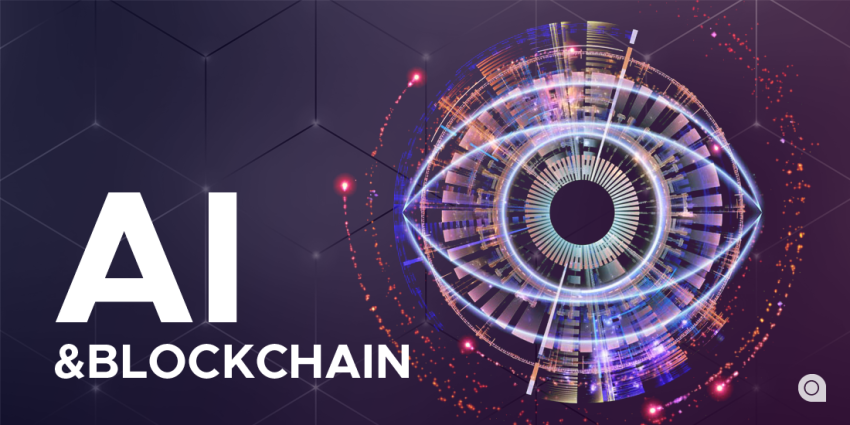Artificial intelligence (AI) continues to grow in popularity with the public release of ChatGPT and has the potential to revolutionize various industries and sectors by enabling machines to learn and make decisions based on data. However, as more and more data is collected and processed by AI systems, concerns about data privacy and ownership have arisen. Fortunately, blockchain technology provides a promising solution to these concerns by offering a decentralized, secure, and transparent platform for data management.
What is blockchain technology?
Blockchain technology is a distributed ledger that enables secure and transparent transactions without the need for intermediaries such as banks or governments. Each block in a blockchain contains a cryptographic hash of the previous block, creating a chain of blocks that are tamper-proof and resistant to manipulation. This technology has been primarily associated with cryptocurrencies such as Bitcoin, but its potential applications are much broader.
One of the most significant advantages of blockchain technology is that it enables individuals to have control over their data. With blockchain, individuals can own and manage their data and grant access to it to selected parties. This decentralized approach to data ownership ensures that individuals have control over their data and can determine who can access it and for what purpose.
So how does blockchain fit into the AI landscape?
In the context of AI, blockchain technology can help address the issue of data privacy. With the use of blockchain technology, individuals can ensure that their data is secure and that it is only accessible to authorized parties. For example, a medical researcher can use blockchain technology to securely access a patient’s medical records without compromising the patient’s privacy.
Blockchain technology can also facilitate the sharing of data between different organizations without the risk of data breaches or unauthorized access. With blockchain, organizations can create a shared ledger of data, which is transparent and accessible to all parties. This enables organizations to collaborate on projects that require the sharing of data while ensuring that the data is secure and privacy is maintained.
Moreover, blockchain technology can help ensure the authenticity and accuracy of data used in AI systems. With the use of blockchain, data can be timestamped and hashed, creating a permanent and immutable record of the data’s origin and history. This ensures that the data used in AI systems is trustworthy and that decisions made by AI systems are based on accurate data.
In conclusion, blockchain technology provides a foundation for data privacy and ownership in AI systems. By enabling individuals to own and manage their data, facilitating secure data sharing, and ensuring the authenticity and accuracy of data, blockchain technology can help address the concerns about data privacy and ownership in AI. As AI continues to grow in importance, the need for secure and transparent data management solutions will only become more critical, and blockchain technology offers a promising solution.
